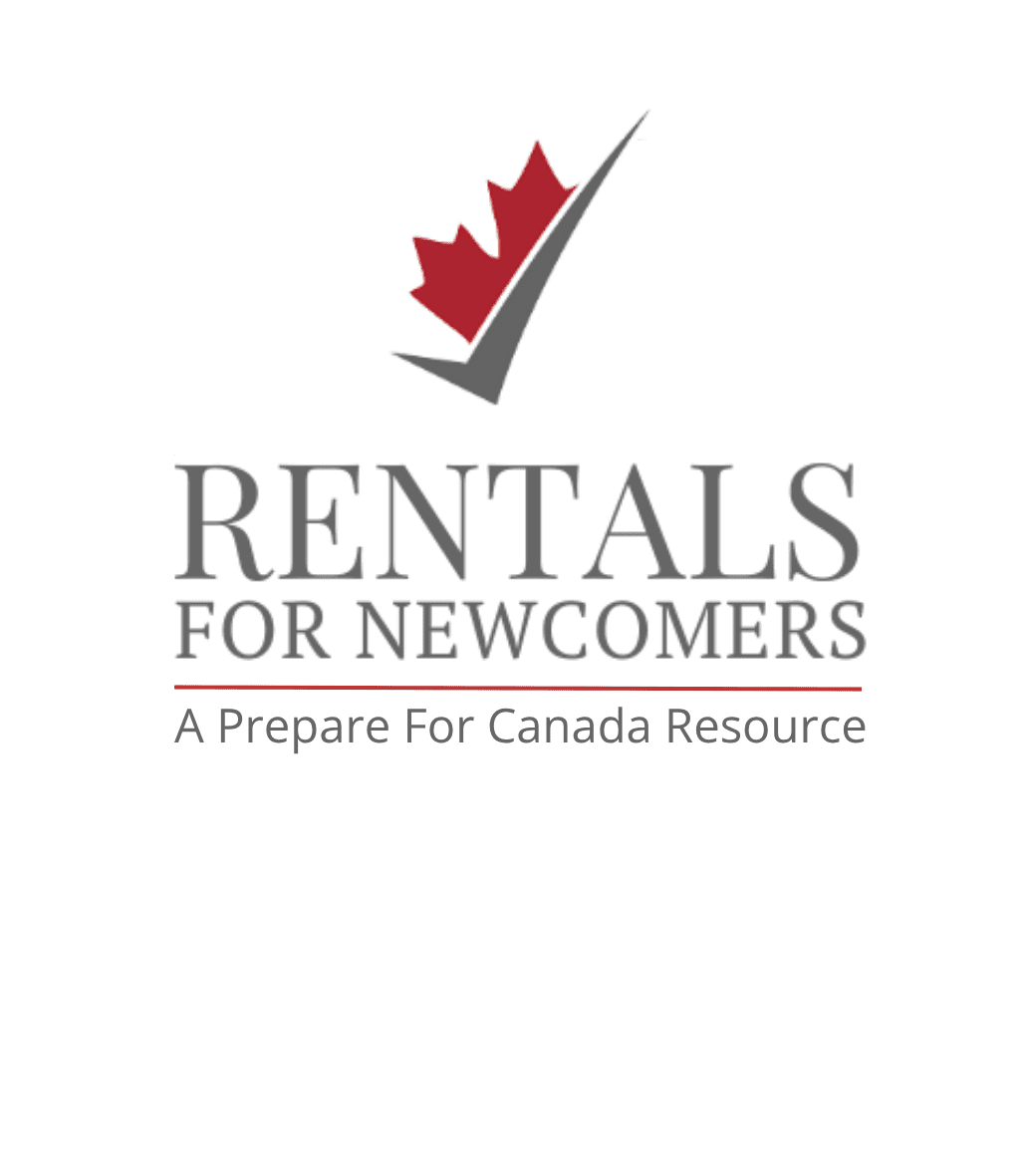Discover what you need to know about the insurance landscape in Canada and why the right insurance coverage is vital for newcomers to Canada. With resources from our trusted insurance partner, you’ll learn about travel, medical, and health insurance options to protect yourself and your family. You’ll also discover how tenant insurance provides financial security and peace of mind.
-
Housing
Housing
View Topic Page-
Newcomer Settlement Journey
>
- How Can Newcomers Find the Right Home in Canada?
- What are Types of Housing in Canada?
- How Can I Find Short-Term Rentals in Canada?
- Rental Market in Canada 2026: Rent Prices, Vacancy Rates & Newcomer Outlook.
- Rental Application Tips for Newcomers in Canada to Get Approved
- Is a Basement Apartment the Right First Home in Canada?
- How Can Newcomers Avoid Rental Scams? 10 Smart Tips
- View All Posts
- Cities and Neighbourhoods >
- Housing Affordability >
- Homeownership Pathway >
- Search Rentals For Newcomers
Rentals For Newcomers
Start Your Rental SearchFind your first home in Canada with confidence. Browse rentals from landlords who want to rent to newcomers and immigrants

-
Newcomer Settlement Journey
>
-
Living
Living
View Topic Page- Settlement Services >
- Healthcare >
- Education >
- Childcare >
-
Driving
>
- Driving in Canada: 10 Essential Facts to Know
- Getting Your Driving License in Canada
- Getting Your Driving License in Vancouver, BC
- Learning to Drive in Canada as a Newcomer
- Driving Test in Canada: A Full Guide
- Car Seats for Children: What You Must Know
- Winter in Canada | Tips for Safe Driving
- 7 Tips to Save on Fuel this Summer
- Buying a Used Car in Canada | What You Need to Know
- Utilities >
-
Life in Canada
>
- Statutory Holidays in Canada | A Guide for Newcomers
- Celebrating Canadian Black History
- Is Family Day a Statutory Holiday in Canada?
- Saint Patrick's Day: When Canada Goes Green
- Easter in Canada: Celebrations and Traditions
- Earth Day Canada: Discover its History & Activities to Join
- Mother's Day Canada | Creating Special Memories
- Celebrating Happy Father's Day in Canada
- Canada Day 2024! Celebrating Canada's 157th Birthday
- View All Posts
Our Partners
Start Right in Canada
Join the Scotiabank StartRight Program designed for Newcomers and get up to $2,300* in value in the first year.Get Started
-
Working
Working
View Topic PageOur Partners
Start Right in Canada
Join the Scotiabank StartRight Program designed for Newcomers and get up to $2,300* in value in the first year.Get Started
-
Managing Money
Managing Money
View Topic PageOur Partners
Start Right in Canada
Join the Scotiabank StartRight Program designed for Newcomers and get up to $2,300* in value in the first year.Get Started
-
Immigrating
Immigrating
View Topic PageOur Partners
Start Right in Canada
Join the Scotiabank StartRight Program designed for Newcomers and get up to $2,300* in value in the first year.Get Started
-
Studying
Studying
View Topic PageOur Partners
Start Right in Canada
Join the Scotiabank StartRight Program designed for Newcomers and get up to $2,300* in value in the first year.Get Started
-
Resources
Resources
View Topic PageOur Partners
Start Right in Canada
Join the Scotiabank StartRight Program designed for Newcomers and get up to $2,300* in value in the first year.Get Started
- Partners
-
HousingView Topic Page
- Newcomer Settlement Journey
- Cities and Neighbourhoods
- Housing Affordability
- Homeownership Pathway
- Search Rentals For Newcomers
Rentals For Newcomers
Start Your Rental SearchFind your first home in Canada with confidence. Browse rentals from landlords who want to rent to newcomers and immigrants

-
LivingView Topic Page
Our Partners
Start Right in Canada
Join the Scotiabank StartRight Program designed for Newcomers and get up to $2,300* in value in the first year.Get Started
-
WorkingView Topic Page
- Career Pathways
- Credential Recognition
- Skills Assessment
- Employment Services
- Job Search
- Canadian-Style Resume
Our Partners
Start Right in Canada
Join the Scotiabank StartRight Program designed for Newcomers and get up to $2,300* in value in the first year.Get Started
-
Managing MoneyView Topic Page
Our Partners
Start Right in Canada
Join the Scotiabank StartRight Program designed for Newcomers and get up to $2,300* in value in the first year.Get Started
-
ImmigratingView Topic Page
- How to Immigrate to Canada
- What is Express Entry Canada
- PR Process in Canada: Common Ways to Immigrate
- Startup Visa Canada: Another Route to PR
- Canada Permanent Resident Immigration Fees Increase
- Documents to Carry to Canada for PR
Our Partners
Start Right in Canada
Join the Scotiabank StartRight Program designed for Newcomers and get up to $2,300* in value in the first year.Get Started
-
StudyingView Topic Page
Our Partners
Start Right in Canada
Join the Scotiabank StartRight Program designed for Newcomers and get up to $2,300* in value in the first year.Get Started
-
ResourcesView Topic Page
Our Partners
Start Right in Canada
Join the Scotiabank StartRight Program designed for Newcomers and get up to $2,300* in value in the first year.Get Started
- Partners
Home / Managing Money / Insurance









